“So…now what?” I ask myself here in the year 2022, upon arriving at the realization that our world is no longer defined by the existence of COVID-19—rather, the world is now merely defined by the effects of COVID-19. Given my own background in the psychological sciences, I am curious to reflect on how the experience of social distancing, specifically regarding at-home isolation, has impacted our relationship with ourselves and our own thinking. While certainly not a prototypical “organization”, the mind, too, exists as an organization, just one comprised of cognitive processes, functional components, and informational networks. If we can agree these parts of the mind are usually influenced by interactions with others, then we should rightfully expect a lack of social interaction to have an interesting effect to speculate on.
During the pandemic, my pursuit of a Master’s degree in Behavioral and Decision Sciences was conducted exclusively from the desk in my one-bedroom apartment in Philadelphia. Over time, despite feeling confined for obvious reasons, my mind began to expand beyond my skull out to the walls of my apartment: my desk became my short-term memory, where I kept visual reminders and lists of tasks to work on that day; the bed became a meditative space for quieting down my thoughts in the evening; the bathroom became a place for reflective problem solving as I completed my daily hygiene rituals; the kitchen became a hub for curiosity, where I experimented with new ways to eat and prepare food; the front door represented a portal to the necessities of life beyond my apartment, like groceries and exercise; and lastly, the couch became a space of pure entertainment, for watching movies, reading, and connecting with people online. Somewhere along the way, my concept of ‘home’ evolved from the notion of a safe, personal space away from the real world into the recognition that my world had now essentially been shrunk down to size of my home, while the workings of my mind had simultaneously expanded to those same dimensions. Perhaps this is why, during the COVID-19 pandemic, reality felt like more of a ‘perception’ than ever before.
So how has being trained to think this way influenced me? I suspect it’s impacted others, like yourself, too. Of course I can only speak on my experience, but I find that I now understand the organization of my mind more deeply and can therefore understand myself and why I do what I do more profoundly—I am better at recognizing my good and bad habits, organizing my to-do’s, managing my time, thinking creatively, switching occupational ‘hats’, and reflecting on what things mean to me and for the rest of the world. In light of these self-improvements rooted in simple awareness, I preach that if you somehow escaped the opportunity to reflect and look inward during the COVID-19 pandemic, then slow down and do so now! It’s likely you’ll find something out about yourself and be better because of it.
